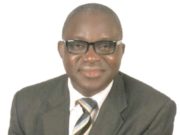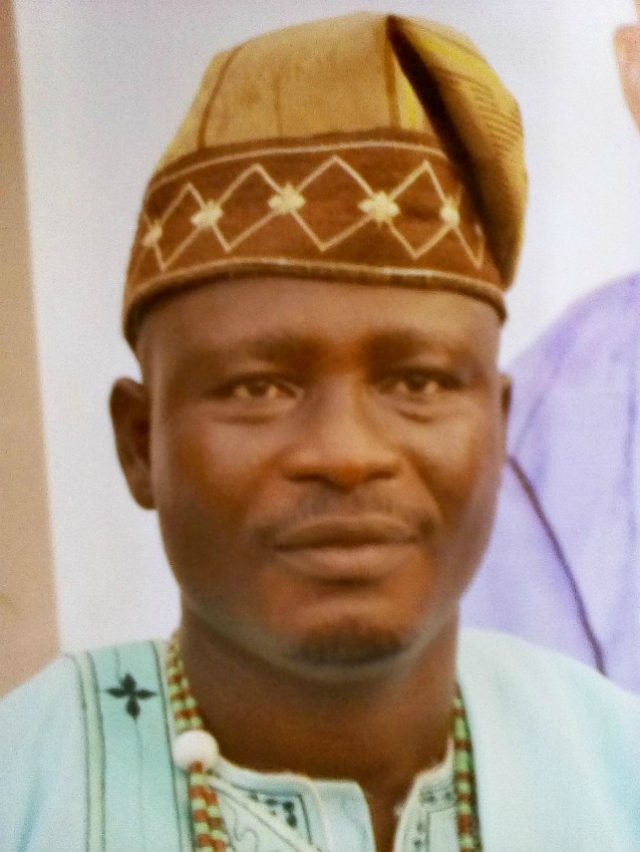Babaawo Awogbemiga Fashina Bogunmbe, President of the Agbala Ifa Ogundameji Temple, and National Social Secretary of the International Council for Ifa Religion, has called for the proper orientation of Yoruba people on traditional religions.
Bogunmbe made this call while speaking with journalists during the 2017 Annual Ifa Festival of the Agbala Ifa Ogundameji Temple, Apata, Ibadan.
Specifically, the Ifa Priest called for the correction of what he described as erroneous belief that the ‘Esu’ in the Yoruba traditional religion is the same as the Satan in Christianity and Islam.
According to him, “the ‘Esu’ in the Yoruba traditional belief system is not the same as the Biblical or Quranic Satan, regarded as devil.
Bogunmbe maintained further that the Esu in the traditional religions is not the one cast into hell fire in the Bible, adding that Esu is one of the gods in the Yoruba traditional belief system.
He blamed Samuel Ajayi Crowther for the error, saying the late Bishop misinterpreted Satan to mean Esu when he translated the Bible from English language to Yoruba.
The Ifa Priest explained that Ajayi Crowther committed the error because of the fact that he was not vast in the knowledge of Yoruba traditional religions when he was captured and taken to a foreign land as a slave at a tender age.
He noted that while “Crowther translated the Biblical John to Johanu in Yoruba, Joseph to Josefu, Jesus to Jesu, it is logical to conclude that the Yoruba translation of Satan is Satani, and not Esu.”
Bogunmbe insisted that Satan and Esu are different entities, as the Esu in the Yoruba traditional belief system is not devil or demon.
He used the opportunity to reveale that the International Council for Ifa Religion will on December 26, 2017 organize a public sensitization programme across Yorubaland to correct the wrong misconception of Esu.
According to him, Esu is not a condemned entity like the Biblical and Quranic Satan, as he is a god that protects towns from wars or invasions, and only punishes betrayers or those who engage in other vices.
Bogunmbe blamed Yoruba leaders, especially politicians, for the continued relegation of the Yoruba traditional religions.
He lamented that “our traditional rulers are also not helping the situation, as many of them have openly condemned Yoruba traditional religions, forgetting that they are the custodians of culture and tradition.”
The Ifa Priest, however, commended the Alaafin of Oyo, Oba Lamidi Adeyemi and the Ooni of Ife, Oba Enitan Ogunwusi, for their roles in preserving Yoruba traditional religions.
Bogunmbe also revealed that the Agbala Ifa Temple, Apata, Ibadan, since 1986 when it was established, has continued to promote Ifa Religion and proffer solutions to spiritual problems of Yoruba people.
Packaged by Gbenga Adebayo

































































